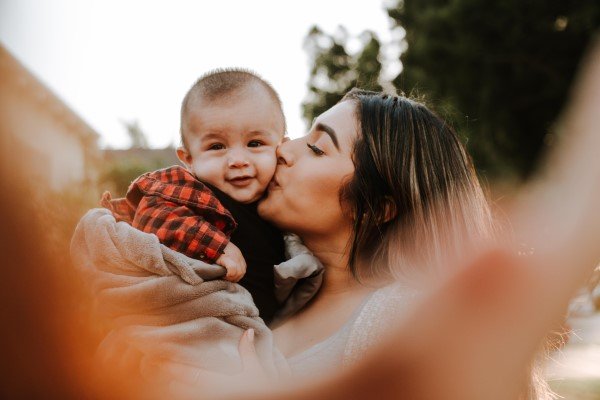Immigrant Legal Assistance

Thousands of unaccompanied children and families have come to Maryland - seeking refuge from violence in their home countries. Unaccompanied children are nearly five times more likely to win their immigration cases when they are represented by a lawyer. Families fleeing violence are 14 times more likely to win. The Maryland Immigrant Legal Assistance Project (MILAP) is looking for volunteers to help these children and families gain access to critical legal assistance with their valid claims to remain in the United States.
Volunteers can sign up to help for one day at a project clinic or agree to a longer term commitment to take a case.
Non-attorneys who speak a second language can register to receive training on how to Interpret for Pro Bono Legal Services. There is a special need for individuals who are fluent in Spanish.
Attorneys licensed to practice in any state can choose from several opportunities below involving family law and/or immigration law. Training, malpractice insurance, mentorship, interpreters, and other case supports are provided.
VIDEO: Attorney Volunteer Wendy McDermott on her experience volunteering with MILAP
Each volunteer opportunity has a relevant training to prepare you for the work. Take a training to get started!
Immigration Consults for Children and Families in Removal Proceedings
Offered by MILAP on Tuesday and Wednesday mornings at the Baltimore Immigration Court and select Saturdays in immigrant communities statewide. Volunteers interested in participating at these clinics should take Immigration Legal Triage.
Special Immigrant Juvenile Status (SIJS)
SIJS is a pathway to citizenship for children who cannot be reunified with one or more of their parents due to past abandonment, abuse, or neglect (and other requirements). Obtaining SIJS involves representation before the MD Circuit Court, USCIS, and/or Immigration Court. Attorneys can choose to do a portion of or the whole case. For more info, take Custody, Guardianship, and Obtaining SIJS.
Help Immigrant Survivors
Immigrant Survivors of crime or domestic violence can use your help applying for a U visa or seeking protections under VAWA. Take this training to learn the nuts and bolts of taking a case and the best practices for working with survivors of trauma. For more info, take Representing Immigrant Survivors.
Represent an Asylum Seeker
Asylum is an immigration benefit for people who fear returning to their home country for particular reasons. Obtaining asylum may involve representation before the Asylum Office and/or the Immigration Court. Attorneys can choose which kind of representation they would prefer. For more info, take Representing Asylum-Seekers.
Drafting Motions to Reopen Immigration Proceedings
This opportunity is a great fit for attorneys with strong legal writing and drafting skills who want to assist immigrants in removal proceedings. For more info, take Drafting Motions to Reopen Immigration Court Proceedings.
Working as an Interpreter-Attorney Team
Non-Attorney volunteers should register for Working as an Interpreter-Attorney Team to help attorneys communicate with their clients during any of the opportunities listed here.
The Tessa Wiseman Immigration Program Internship Fund supports Baltimore-area college and university students volunteering as paralegal interns or bilingual assistants with one of PBRC's immigration-focused programs, including the Maryland Immigrant Legal Assistance Program (MILAP). The Fund honors the memory of Tessa Wiseman (1994-2023), a graduate of Johns Hopkins and PBRC volunteer who devoted her life and all-too-brief legal career to ensuring access to justice for immigrants and asylum seekers. Beneficiaries of the fund, students who share Tessa's deep commitment to equality and passion for the law, receive a stipend to cover travel and other expenses associated with their volunteering.
Questions? Contact the MILAP Team at edu.immigration@probonomd.org.
The Unaccompanied Children Pro Bono Project is a joint venture of the Pro Bono Resource Center of Maryland (PBRC), the Department of Human Resources, the Governor’s Office for Children, the Governor’s Commission on Hispanic Affairs, the Department of Juvenile and Family Services for the Administrative Office of the Courts, and various non-profit legal services programs. This project is also supported by a grant from the Maryland Judiciary’s Department of Juvenile and Family Services.
